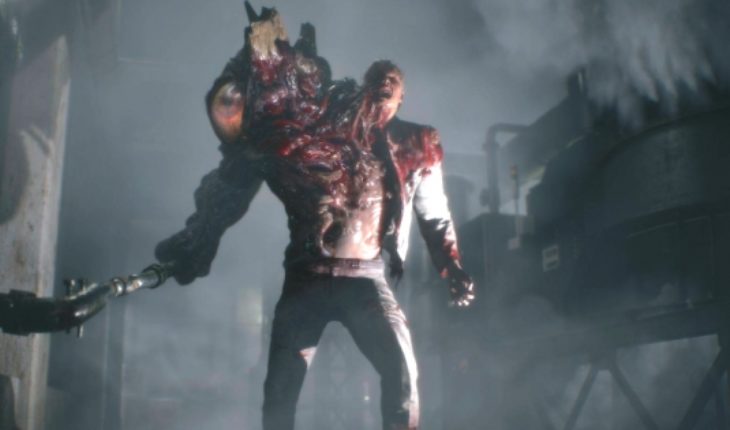the author in this short essay, Carlos Guevara, has that “it is a book designed to get out of that straitjacket which may be plans of study or contents that sometimes we see at school, and try to bring a very important issue and it will be much more It’s genetics.”
For the Mexican, biologist for the National Autonomous University of Mexico (UNAM), the idea didn’t sound crazy in his head. Science fiction, cinema, series, and video games are full of references to mutants and clones, terms that are born from science.
Writer Carlos Guevara, author of the book “I regret to tell you that you’re a mutant” (EFE) to illustrate this, just look at Hulk, the greenish and wrathful superhero from Marvel Comics, which turns out to have similarities with the ideas of the American geneticist Hermann Mulller, who discovered that the mutations could be induced.
X-Men, Resident Evil and Blade Runner the X-Men, the zombies of the videogame Resident Evil or even the Replicants of Blade Runner cult eighties movie are also a good example of this. However, the writer, with these references, called in his book to know that “all human beings have been some changes in DNA”.
“That is a mutation, just a change. Some are irrelevant and not passes nothing, others can give advantage to the individual, and some other changes disease-producing you and complicate you life”, he explains.
The paper, presented at the recent international fair of the book (FIL) in Guadalajara, explores briefly, “for which can read on the way to school or to work”, the operation of genetics and delves into a reality becoming increasingly less science fiction and more close to real life: genetic engineering.
Human beings to the Charter in this respect, the Professor of science journalism at the school of journalism Carlos Septién García recalled that a few days ago came the news that China had been created the first babies genetically modified.
Confirms that “the temptation was there and that was going to happen,” he says, pointing to a bioethical limit has moved beyond.
It was considered that in principle the idea doesn’t sound bad, as there are genes that cause diseases, making it “one thinks: could be a good opportunity to leverage these new technologies to repair them”.
“But the temptation is also in edit features of another type (aesthetic) who’s going to decide what human feature is better or worse?” “What tells us the story is that when it has tried to do that we have ended badly”, deepens.
Evolutionary history in the genes by performing such actions, intervention “in future lives” in the sense of “genes which are legacy of millions of years” are discarded.
The scientist describes evolution as a process of change in the genetic and physical characteristics of the species over time.
“Our evolutionary history is in our genes, who we are and with what criteria are eliminating things that could seem uncomfortable?”, questioned.
That development had always been naturally. However, “we are now seeing the intention”.
“And, obviously, this intentionality has behind a position medical, ethical; a position opposite what is human and what should human beings. And that part is dangerous,”reflects.
Looking to the future, Guevara sees unlikely a scenario as which raises the film’s science fiction “Gattaca”, director Andrew Niccol, in which people pay to have certain genetic characteristics.
Then, without retract but confronting that idea, concludes that the human being is much more than their genetic material.





